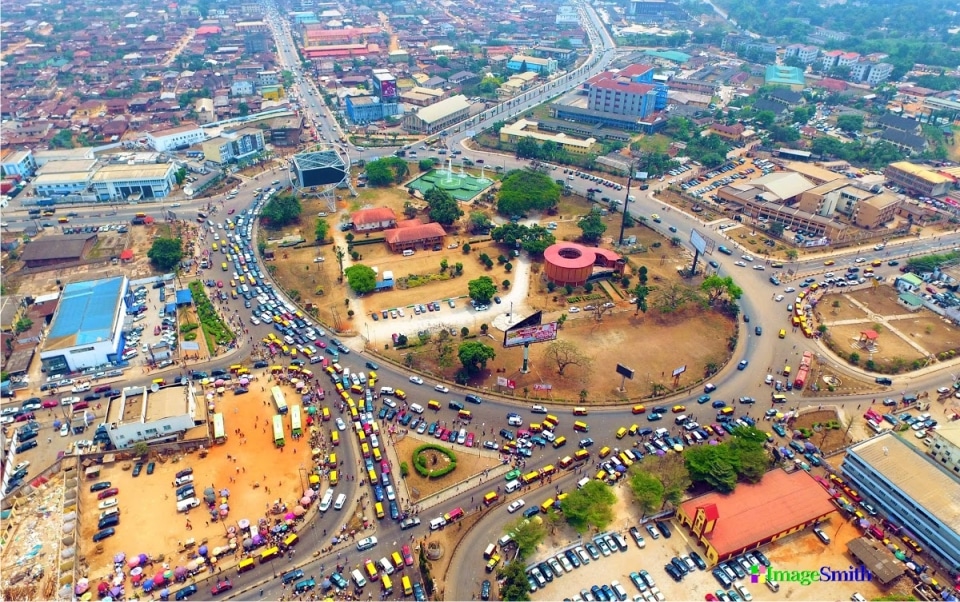Overall Score
The Republic of Benin is a small state on the west side of the African continent, with a small part of its border adjacent to the Benin Gulf (part of the Gulf of Guinea). Cotonou is the largest city and is the seat of government, with Porto Novo as its capital.
In ancient times, the area was inhabited by the Hurma, Fiona and Adajah tribes until the Portuguese inhabitants took over in the 15th century. And in the sixteenth and seventeenth centuries, Dutch, French, and English traders and merchants began to build on the coast, which later served as the center of the trade that continued through the banning of the slave trade in the nineteenth century. One can distinguish two periods in the history of Benin. The colonial period, from 1893 to 1960, when the country was under the sway of the French colonizers, and the period of independence, which was declared on August 1, 1960. After that, the country repeatedly underwent military upheavals on the basis of political discord. And in 1990, the state was named the Republic of Bénin.
Bénins climate varies from north to south, from sub-oceanic (dry winters and springs) to eco-oceanic (rainy summers and autumns). The area is rich in rivers, some of which are navigable (Mono and Veme). The vegetation is very biologically diverse: gray areas with verdant trees. The animal world is represented by elephants, herds, buffalo, lions, antelopes, and others. The main natural resources in Benin are oil, oil, gas, gold, and iron ore, but their deposits are very poorly exploited. Agriculture is based on the principle of agriculture, growing cotton, peas, and corn. Seafood and agricultural products are exported to India, Japan, and China. From Thailand, the United States, and China products and fuel are exported, and from Ghana – electricity. The national language of Benin is French.
The National Park of Pendjerri, the Cathedral of Cotonou, the town of Vanvieu, which is called the African Venice, the famous market in Bocumba, are all noteworthy features.
Overall Score
- Tap water: No, not drinkable
- Religious government: Religious
- Population: 1,500,000 people
- GDP: $2,176 / year
- Power outlets: 230V50Hz

- Internet: 4 Mbps
- Best wireless: AirTel
- Pay without cash: No, cash only esp. for foreigners
- Tipping: DON’T feel obligated to leave tips. It’s optional in Nigeria, but if you do want to leave a tip, 5% is fine.
- Apartment listings: La Mudi
- Apartments: Airbnb
- Hotels: Booking.com
- More hotels: Hotels.com
- Best taxi: Uber
- Best short-haul air carrier: Arik Air
- Best intl air carrier: Air France
- Monthly costs for expat: $900
- Monthly costs for family: $1900
- Monthly costs for local: $550
- Meal: $1.1
- Small Cola: $0.4
- Beer 1 Pint: $1.1
View Larger Map

